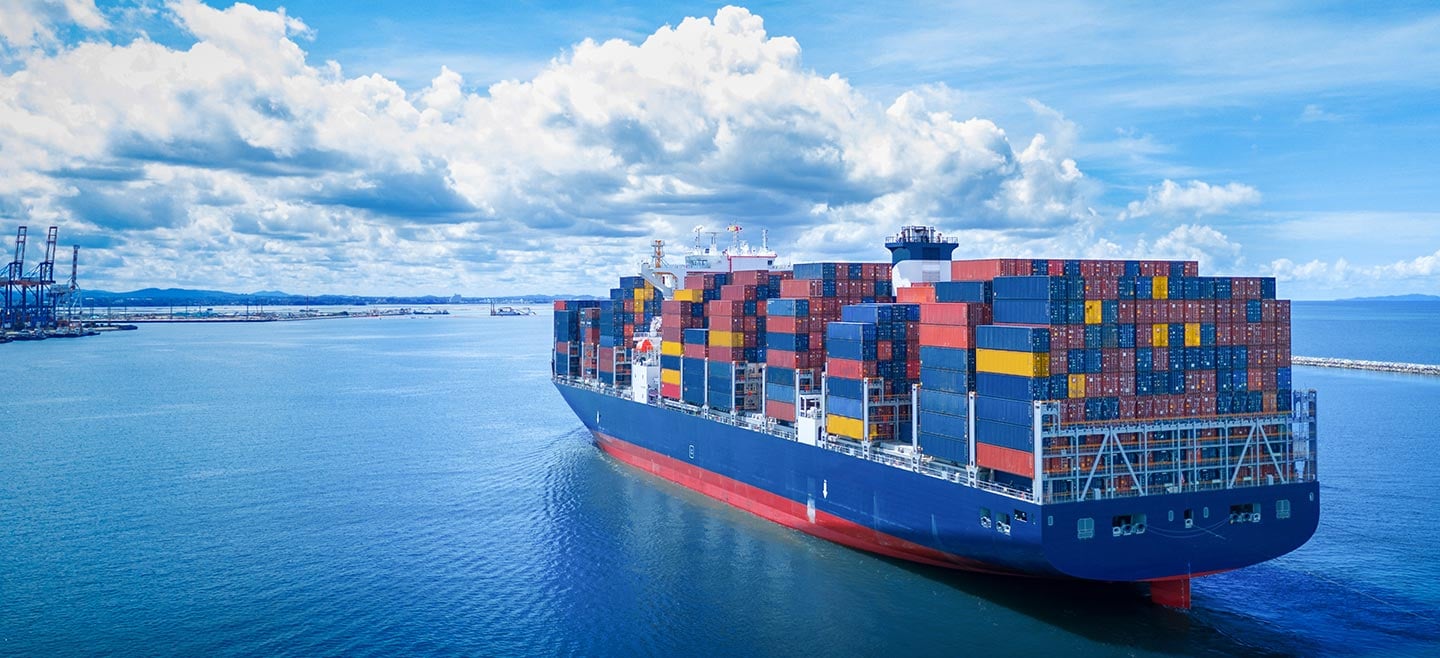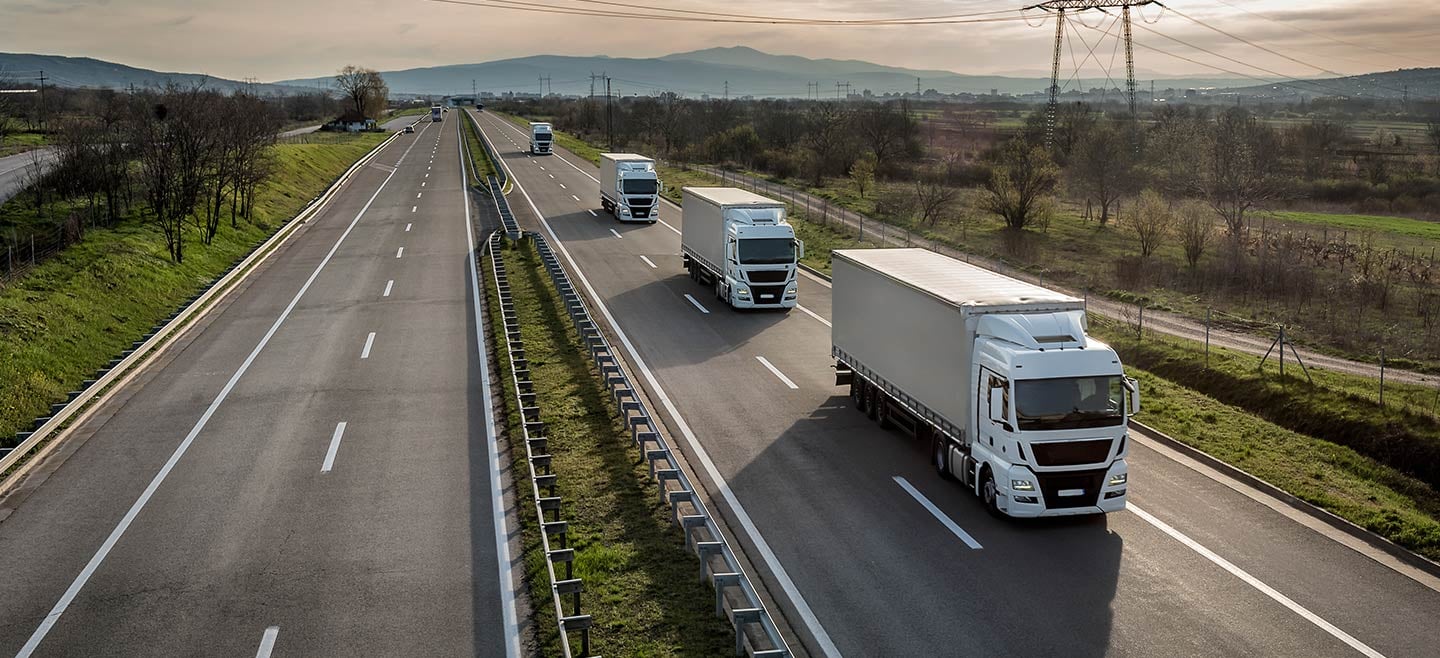Logistics sector in India is adapting to rising costs, global disruptions, and the growing urgency of sustainability.
India's logistics sector is undergoing a fundamental shift. Steady demand from e-commerce, manufacturing, and infrastructure continues to drive volumes, yet rising freight and servicing costs, up over 11% year-on-year, are straining margins.
Freight forward operations are at the heart of transformation in India's logistics sector. Amid rising costs, global supply chain disruptions, and an accelerating push for sustainable logistics, the industry is rapidly adopting smarter and greener practices. Companies are turning to warehousing automation, optimised inventory strategies, and AI-driven route planning to maintain competitiveness. Express shipments rose 2–4% YoY, indicating that demand remains resilient.
From container shortages in Asia to renewed India-Pakistan tensions, global value chains (GVCs) face instability again. Freight rates on major routes have surged more than 22%, disrupting delivery timelines and increasing costs. In response, logistics firms are adopting buffer warehousing, multi-modal planning, and risk-aware routing. Technology is growing—AI, digital twins, and blockchain are helping operators anticipate bottlenecks and maintain delivery performance. Government policy supports adaptation, with customs duty exemptions and infrastructure investments to improve resilience.
Logistics sector accelerates with strong deal momentum in H1 2025
India’s transportation and logistics sector is gaining strong investor momentum, with deal value surging to over USD 600 million in H1 2025, a sharp 85% increase year-over-year. The first half saw robust private equity inflows, led by large-ticket investments in digital-first logistics platforms and last-mile delivery players. M&A activity also rebounded, with strategic consolidations driving deal value in Q2. Core logistics dominated the investment landscape, while specialised segments like food logistics, warehousing, and packaging emerging as high-potential themes, reflecting the sector’s shift toward tech integration, scale, and supply chain resilience.
Building a greener, more resilient future
Sustainable logistics is now a core business priority. Urban freight contributes up to 40% of city emissions, while last-mile delivery accounts for over 50% of e-commerce logistics costs. Forward-looking logistics companies in India are scaling electric vehicle fleets, using AI-powered route optimisation, and shifting to eco-friendly packaging. They're also prioritising fair labour practices, recognising the importance of gig workers in powering today's digital supply chain.
Across the sector, sustainability has moved from aspiration to business imperative. Urban freight accounts for up to 40% of city emissions, and last-mile delivery represents over half of e-commerce logistics costs. Meanwhile, labour issues are drawing attention—India's gig workforce powers much of the logistics value chain, yet faces risks of low wages and poor working conditions.
Leading firms are responding with bolder ESG commitments—fleet electrification, AI-enabled green delivery options, and fair labour practices are becoming more widespread. By 2030, 30% of India's last-mile deliveries are expected to be electric.
By 2030, 30% of India's last-mile deliveries are expected to be electric. Firms that invest today in cleaner fleets, tech-enabled warehousing, and ESG-aligned practices will lower costs and strengthen investor trust and regulatory compliance.
The path forward is clear: sustainable, tech-driven, and resilient logistics networks will define the next decade of growth.

